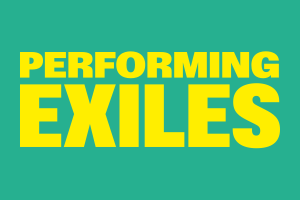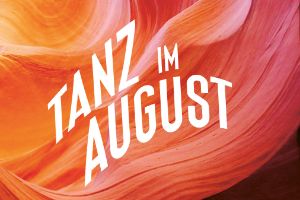
Mathias Spahlinger © Astrid Ackermann
Mathias Spahlinger
Like few other composers of our time, Mathias Spahlinger, born in Frankfurt am Main in 1944, embodies the type of the intellectual artist whose creative oeuvre is based on reflecting about their own activities and music’s place in society. His works, which are often roughened in tone and may appear recalcitrant, are anything but bloodless theoretical compositions. Pieces like “passage / paysage” for large orchestra (1989/90) and “farben der frühe” for seven pianos triumph due to their immense sonic imagination, thrilling powers of expression and rigorous construction. A kind of fundamental theme of Spahlinger’s rich body of work is his readiness to challenge of the notion of order. In his music, processes such as the gradual dissolution of systems of order and hierarchies which initially appeared to be carved in stone or overdetermined orders being tipped into chaos are vividly captured again and again.
Spahlinger’s career path as a composer was anything but smooth. As the son of a cellist at Frankfurt Opera he acquired a broad and practical familiarity with music at an early age. His need to express himself creatively also manifested itself early on. However, Spahlinger had great difficulty fitting in at a grammar school. He therefore moved to a secondary school before completing an apprenticeship as a typesetter. Meanwhile, he also took private lessons in composition with Konrad Lechner and performed in a variety of jazz line-ups. Spahlinger began studying to be a music teacher in 1965 and from 1968 onwards, he spent several years employed at the City Music School in Stuttgart. Eventually, from 1973 to 1978, he studied Composition at the Academy of Music, also in Stuttgart. Lectureships in Berlin and Karlsruhe led to him becoming a Professor for Music Theory and Composition in 1982, while at the same time his own works as a composer began to gain increasing recognition. From 1990 until he was elected Emeritus Professor in 2009, Spahlinger taught Composition at Freiburg University of Music, where he was also Director of the Institute of New Music.
As of July 2018
